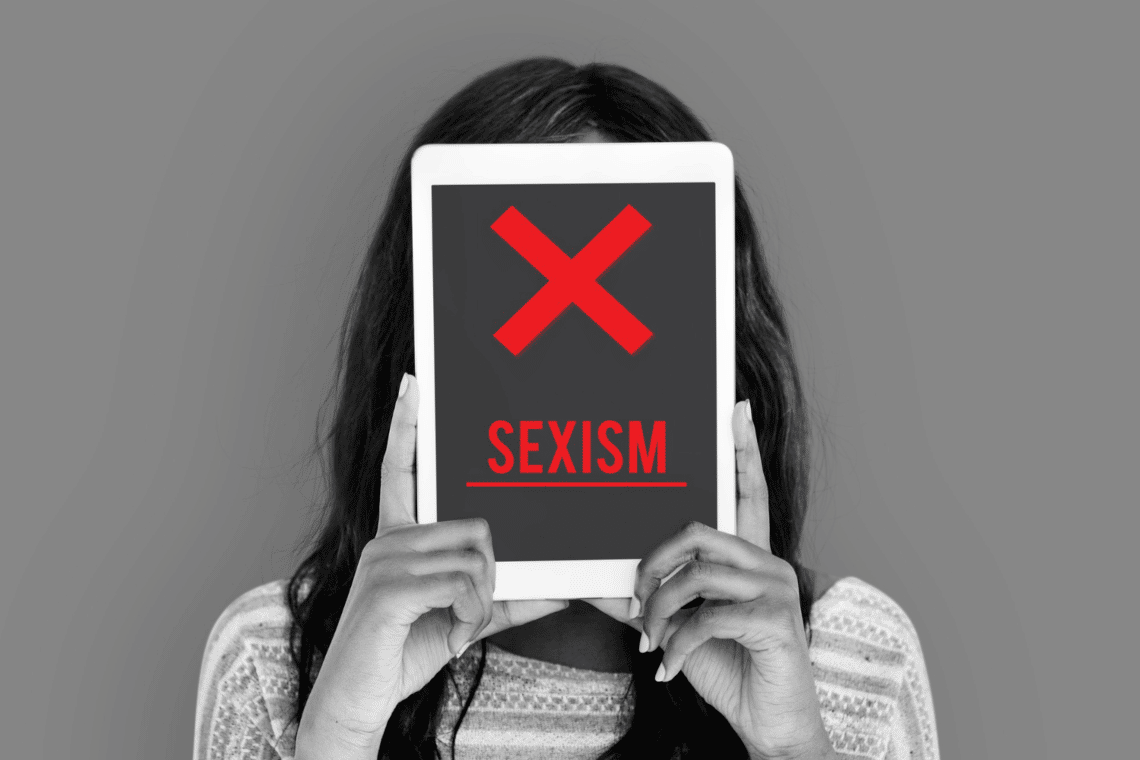Robinhood was sued in June for sexism. This is reported by Bloomberg, which also reveals that the judge for now seems to agree with the company, not the plaintiff.
Summary
Robinhood is accused of sexism
The plaintiff is Robinhood’s former Engineering Manager, Ayse Naz Erkan, and the case (Erkan vs. Robinhood Markets Inc) is California Superior Court San Francisco case number CGC22600149).
Erkan accused the company of not giving her a promotion because she complained that her department was dominated by men. She also claimed that she was fired the day she returned from a trip to India, where she went to care for her dying mother.
She also claims that she had previously instead been hailed a sort of “superhero” for helping save the company from a possible meltdown due to the frenzy of “meme stock” trading in early 2021.
According to the plaintiff, this would be a case of sexism, so much so that she has not only sued the company and her former supervisor demanding payment of damages, but also seeking a court injunction to prohibit the company from proceeding with further such discrimination.
Erkan’s lawyers accused Robinhood of violating the Ending Forced Arbitration of Sexual Assault and Sexual Harassment Act of 2021, which went into effect three months before the lawsuit.
The problem is that, as the company noted, this law would be inapplicable because the dispute appears to have occurred before the law was passed.
Indeed, this is not a law that punishes actual sexual harassment, because such a law has existed in the US for a long time. Instead, it is a new law that aims to punish “sexually inappropriate behavior”.
In the case of Ayse Naz Erkan, the charges brought against the company are not sexual harassment, but precisely sexist discrimination, and since these charges refer to events that took place before this law came into effect, the judge seems to want to dismiss them.
In addition, the San Francisco judge handling the case, Richard Ulmer, also had to take into consideration the fact that in his employment contract he had signed a waiver of his right to sue the company. For this reason, the same judge issued an interim ruling requiring the plaintiff to proceed with private arbitration with Robinhood.
Thus, it certainly appears that the company may succeed in dismissing these charges, regardless of whether the events cited by Erkan actually took place, and regardless also of the fact that as of today such conduct might violate regulations currently in force.
The engineer had even gone so far as to accuse the company of a “toxic culture of gender bias,” and at this point, the ongoing lawsuit will most likely not proceed all the way to prove whether this accusation is true or false.
In fact, not only is the lawsuit still pending, but Erkan’s lawyers seem to be intent on going ahead anyway. Nonetheless, the fact remains that if Judge Ulmer opposes it, it will be very difficult for them to get anything other than private arbitration with the company.
The challenges Robinhood is facing
2021 was an eventful year for Robinhood, which was followed by a decidedly difficult 2022.
In fact, as early as August last year, the first problems began on the stock market for its shares.
Between October and November, i.e., at the height of the crypto bullrun, the slump continued, all the way to January 2022. At that point began a long agony consisting of a downward lateralization that has not yet allowed them to rise again.
The current price is as much as 88% below the high touched at the beginning of August 2021, partly because it has practically done nothing but fall since then. For example, in 2022 alone the loss was 45%.
Although the high of $85 was touched in an obvious moment of excessive euphoria, the placement price of $38 in late July 2021 to date also seems decidedly excessive, since less than a year and a half later the price is now less than $10. Compared to the placement price, the current price is 74% lower.
Therefore, it can be said that the 2021 companies’ IPO has turned out to be a total failure for now, although someone certainly made a profit by selling then at those prices.
The year 2021 in the financial markets has been a crazy year, with crazy prices, as evidenced by that $38 placement price of Robinhood that shot up to $85 in a single week, and then immediately began a collapse that within a month had already burned through all the gains.
It is no coincidence that the company had already been embarking on a mighty layoff plan for months, culminating in August of this year with the firing of nearly a quarter of its staff.
The lawsuit filed by Ayse Naz Erkan probably played no significant role in this, but it is symptomatic of an arguably very difficult company situation. In contrast, the other pending lawsuit, namely the one for market manipulation, could have potentially even very negative consequences, should it be proven that the company was somehow responsible for the speculative bubble that inflated on Gamestop’s stock in early 2021.
Moreover, the company’s troubles are probably a consequence of the very bursting of the same speculative bubble in 2021, even if they had no responsibility for it.
If at the beginning of November 2021, when there was the peak of the speculative bubble on cryptocurrencies, Robinhood’s stock on the stock exchange was still worth about $37, perfectly in line with the initial placement price, by the end of November it had already fallen to $25. From that point on it followed a very similar descent to that followed by, for example, the price of Bitcoin.
Add to this the judicial problems, and perhaps a not particularly happy working environment, and it is hardly surprising that the company is having serious problems.




